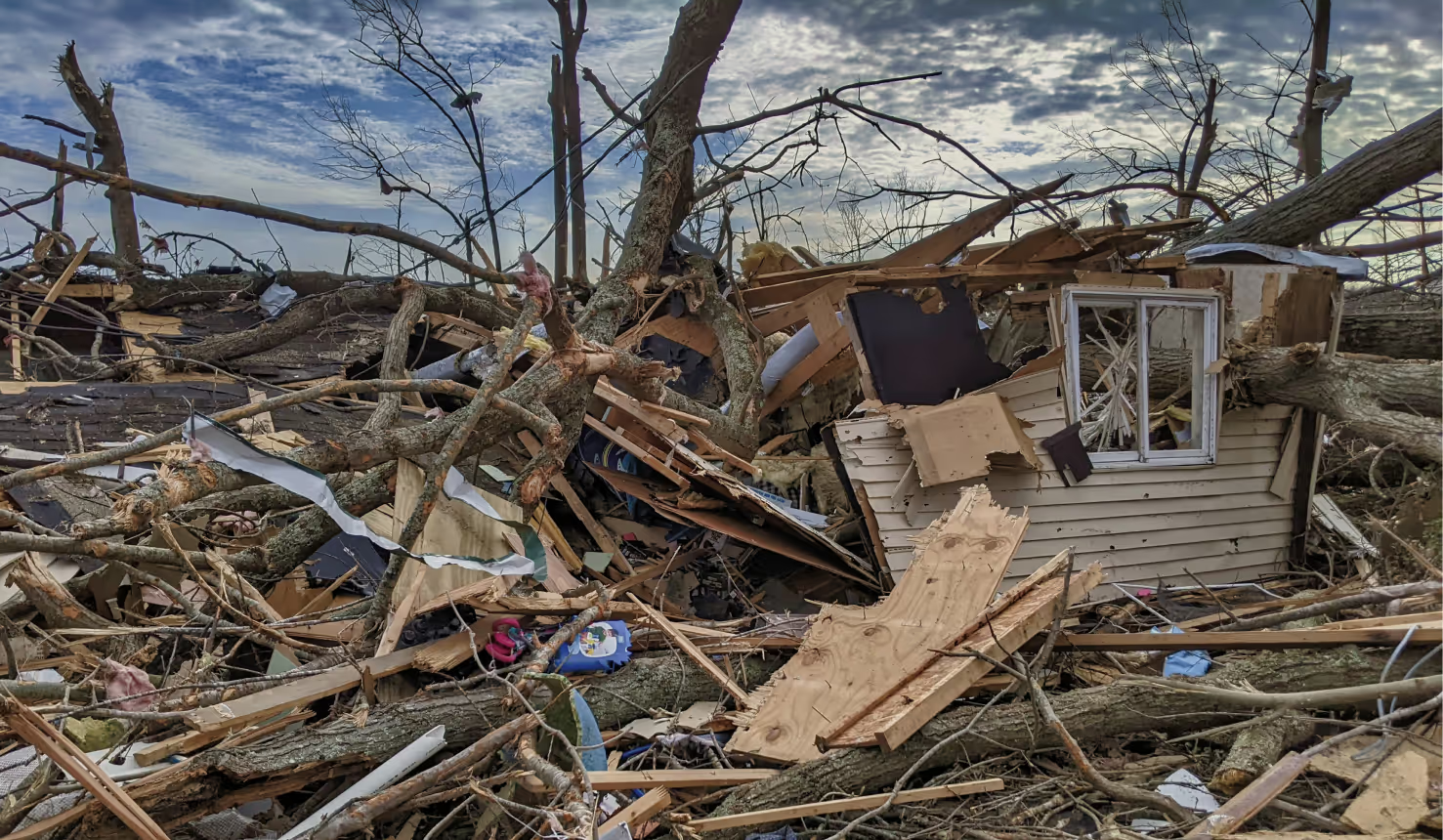Is Climate Change Making Homes Uninsurable?

Join the community





The phrase "Billion-dollar weather and climate disasters" is an official term used to track weather and climate disasters where the overall damages or costs reached or exceeded $1 billion (adjusted for CPI to 2023). Since 1980, the U.S. has experienced 373 such events.
As of November 8, 2023, there have been 25 confirmed weather/climate disaster events. These events include flooding in California, hailstorms in Minnesota, Hurricane Idalia in Florida, and the Hawaii firestorm.
Human-induced climate change is intensifying these events, which have significant economic and societal impacts. One of the impacts is the physical damage to residential buildings, which is affecting the insurance industry.
The impact of climate change on the insurance industry
The U.S. insurance industry now spends around $100 billion a year on natural disasters, compared to approximately $25 billion a decade ago. To protect themselves from catastrophic risks, such as cyclones, insurance companies purchase their own insurance, known as reinsurance. This allows insurance companies to manage their own risks.
In 2022, the global reinsurance industry suffered losses of $115 billion due to the increasing frequency of billion-dollar weather and climate disasters. To mitigate future risks, reinsurance companies have raised their prices by 37% in 2023 and have limited their coverage and exposure in areas like Florida.
Major insurance companies have responded to this increasing pressure by ceasing to write coverages in these areas.
In 2022, six insurance companies in Florida declared bankruptcy, forcing property owners to rely on state-run insurers like Florida's Citizens Property Insurance Corp., which serves otherwise uninsurable populations and is backed by the government.
In the last two years, at least 20 companies have left Louisiana due to the high climate risk. The state passed a $45 million funding bill in 2023 to attract insurers back.
The situation is the same in California, which has been affected by wildfires and flooding. For instance, State Farm announced in May 2023 that it would cease selling homeowners insurance policies in California. Allstate exited the state in June 2023.
Homeowners can observe the ripple effects of all these actions.
Homeowners' insurance options are limited
Since 2015, homeowners’ insurance premiums have increased by approximately 21%, with vulnerable states like Texas and Florida experiencing a 40% and 57% increase, respectively. This increase is rendering premiums unaffordable for more people, leaving them exposed and vulnerable.
Two-thirds of American homes are underinsured, with some being underinsured by 60% or more. If a disaster were to strike their homes, these homeowners would face significant financial losses.
Here's the most interesting (or frustrating) aspect of this situation: insurance companies have played a significant role in the growth of fossil fuel companies, which bear primary responsibility for the climate crisis.
Refusing to provide coverage to fossil fuel firms would cause these companies to face difficulties in obtaining financing. This would lead to a decrease in the use of fossil fuels, a reduction in emissions, and a lower frequency of climate disasters and their impact on the insurance industry.
A notable example of this is the coal industry, where insurers' decision to cease covering coal industry risks resulted in an 84% decline in the construction of new coal-fired power plants between 2015 and 2018.







.png)



